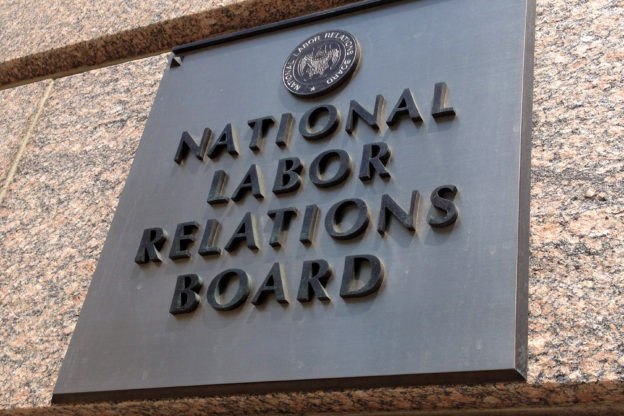
Steven Gutierrez
By Steve Gutierrez
Franchisor McDonald’s USA LLC has agreed to settle the high-profile labor disputes over whether it is a joint employer with its franchisees. Although the settlement still needs to be approved by the administrative law judge overseeing the litigation, McDonald’s and its franchisees negotiated settlement agreements with the National Labor Relations Board (NLRB) to settle allegations of unfair labor practice charges without admitting liability or wrongdoing. In doing so, McDonald’s avoids prolonged litigation and a potentially adverse decision that would have had sweeping ramifications for franchisors and their franchisees nationwide.
Protracted Litigation Over Joint-Employer Status
In 2012, multiple McDonald’s employees filed unfair labor practice charges against their employer, seeking to improve their working conditions. In 2014, former NLRB General Counsel, Richard Griffin, approved filing dozens of unfair labor practice complaints against the larger franchisor, McDonald’s USA, under a theory that McDonald’s USA is a joint employer of the employees of McDonald’s franchises. By pursing the franchisor, the 2014 NLRB signaled that it was attempting to hold the larger, nationwide entity responsible for treatment of its franchisees’ employees.
McDonald’s USA, along with many restaurant, industry, and employer groups, vigorously objected, arguing that a franchisor is not a joint employer with its franchisees and therefore, cannot be held liable for any labor law violations made by a franchisee. The joint-employer test at the time was based on whether the putative employer exercises direct control over the employees and McDonald’s USA argued that it did not exercise such control over its franchisees’ employees.
In 2015, the NLRB issued its controversial decision in Browning-Ferris Industries that significantly broadened the joint-employer test so that an entity could be deemed a joint employer if it reserved contractual authority over some essential terms and conditions of employment, allowing it to have indirect control over the employees. (See our post here.) Under that expanded test, McDonald’s USA faced higher scrutiny from the NLRB as to whether it was a joint employer and whether it retained some indirect control over the employees of its franchisees.
Due to changes in the makeup of the NLRB under the Trump Administration, as well as a new NLRB General Counsel, the NLRB has sought to reverse Browning-Ferris Industries and return to the former joint-employer test that required direct and immediate control. In December 2017, the NLRB overturned Browning-Ferris in its Hy-Brand decision, only to have to vacate Hy-Brand in February 2018 because new Board member William Emanuel should not have participated in that decision. As a result, the 2015 Browning-Ferris joint-employer test is still the standard used to determine joint-employer status under the National Labor Relations Act.
Leaving The Status Quo on Joint-Employer Status – For Now
By settling these cases, both McDonald’s USA and the current NLRB avoid having to litigate and have a judge rule on whether franchisors like McDonald’s can be deemed a joint employer under the current Browning-Ferris test. Although the Board (and Congress) continue to seek to overturn Browning-Ferris, the McDonald’s settlement will push the issue down the road to another day.
According to the NLRB’s March 20, 2018 announcement, the settlement will provide a full remedy for the employees who filed charges against McDonald’s, including 100% of backpay for the alleged discriminatees. The settlement also will avoid years of potential additional litigation.
Take Aways
Franchisors, staffing companies, and other entities who have some contractual authority or obligations related to employees of a second entity need to use caution to ensure that the second entity complies with all applicable labor laws. With the broad Browning-Ferris test in place, entities with reserved contractual control or indirect control of another entity’s employees may be found to be a joint employer under the NLRA. This could open the door to liability for labor law violations as well as union organization and collective bargaining obligations related to joint employees. If in doubt about your exposure, consult with an experienced labor attorney.
Photo credit: AP2013/Jon Elswick



















